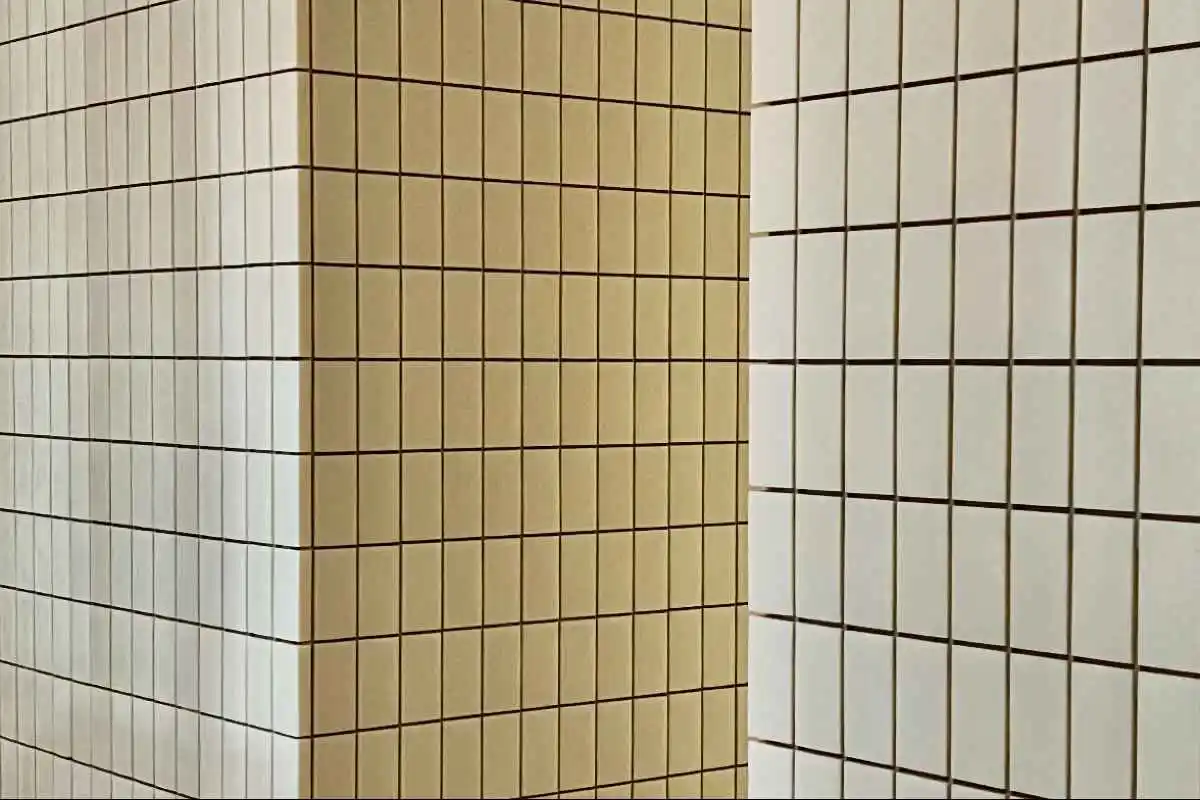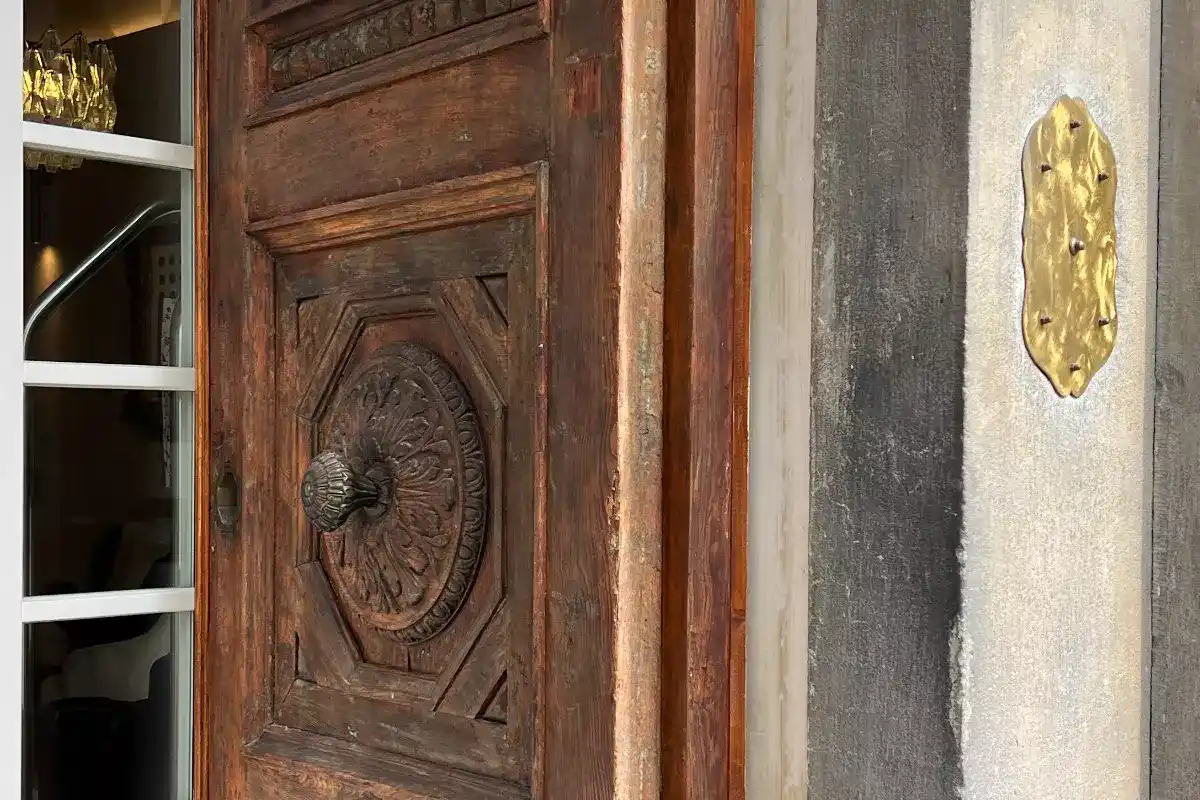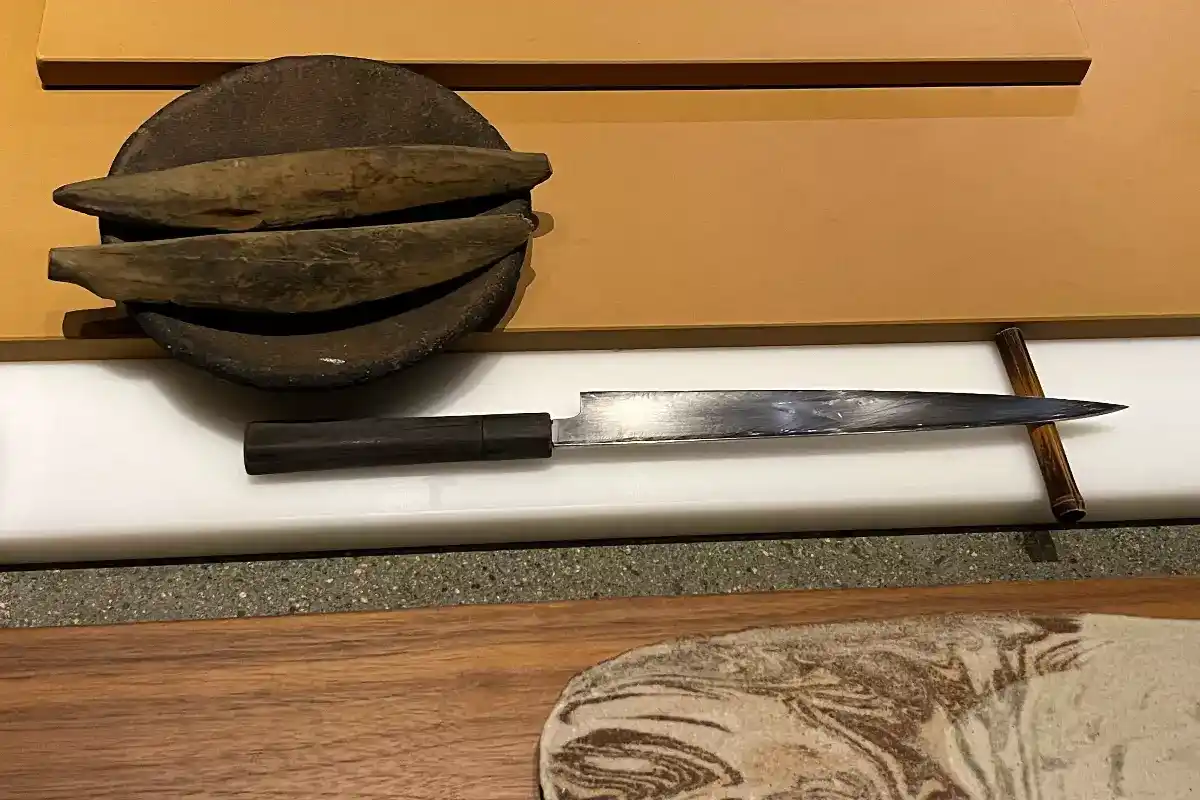«One cannot visit, except for a stopover. It sucks you in and people spend forty-five minutes to an hour exploring». In conversation with founder and curator, Bhagyashree Patwardhan
Sangolda is a village neighboring Goa’s capital, Panjim. It used to be a habitation one would drive past on their way to the beaches and tourist trails of North Goa. That changed in 2013 with the launch of the Paper Boat Collective. A concept store driven by the need for sustainability, ethical retail and preserving India’s traditions of art, design and craftsmanship. In the years since its opening, it has attracted an audience of curious travelers Indian and foreign who are looking for products with ethics, depth and a story to tell. Set up by artist and curator Bhagyashree Patwardhan, Paper Boat Collective is housed in a hundred year old Portuguese villa. The products are spread across ten open plan style rooms.
The curation includes a mix of apparel, home decor, accessories, furniture, lighting, beauty, ceramics and stationery. Adopting restraint and modernity, the aesthetic is refined and simple. With Patwardhan preferring paired-back furniture and display units made of wood and painted white with splashes of color, ensuring that the product is front and center. Described in her words as «experience–led», the space allows people to browse through the collections at leisure. There is a café for a coffee and dessert break.
Goa, the territory and the Portuguese cultural influence
«One cannot visit, except for a stopover. It sucks you in and people spend forty five minutes to an hour exploring». With no sections for the assortment, the display is akin to a museum with pieces placed together intentionally to evoke a response. «When you come in you will experience colors and textures. Original Portuguese houses did not have defined spaces. I want to tell stories with the products. Walking into the store feels like an experience where you discover and chance upon an object. It is not predictable. I want people to have their senses tickled and take back an experience versus a product».
No two visits to the store are ever matched, with pieces being added to the curation on a monthly basis. From cotton dresses and block-printed shirts to woven furniture, novelty books, toys made from wood, natural scented candles, skincare products and jewelry, there is scope for discovery.
Goa is a forward-thinking place that offers slowness to life that is missing from city life in India. It has been an abode for creatives and bohemians to seek refuge. It is an environment that lends itself to the store’s collaborative concept and its commitment to the environment. «Goa allows you to be who you are without judgement. It has endured 450 years of Portuguese rule which influenced a way of looking at life not found in the rest of India. The locals, while rural, have not had a problem with settlers».
Paper Boat Collective: handcrafted, Indian, ethical
Not shaped with the intent to create a retail experience, Paper Boat Collective distinguishes itself through its philosophy of featuring and supporting that which is handcrafted, Indian, produced in scale, and is ethical in nature. An ethos that echoes in Patwardhan’s life. «I taught environmental studies when I was 16. Respect for the natural world was inculcated in me at an early age. I was obligated to have that as part of what I do because it is not separate from my conscience». She has a three-hundred people community from whom she curates her wares.
These are people spread across cities the length and breadth of the country and comprise lesser-known brands, specialty designers, craftspeople, artists, novelty makers, and anyone who fits in with the brand’s ethos and design philosophy. Defining her aesthetic as a ‘bohemian-chic’, she curates designs that are detailed and finished, with Indian roots, made to fit into present lifestyles. Rejecting luxury, Patwardhan prefers to place her curation at a premium segment.
«When you work with articles as textiles made from organic-materials and hand-woven or handmade wares, they come at a price, but people need to recognize its value. Luxury is something that you cannot use in daily life. As a premium brand people can afford two, if not three, designs that they will use and that will have an impact on their life and lifestyle».
Design according to the Indian mindset
Patwardhan’s curatorial prowess and eye for design are a product of her days as a student at The National Institute of Design, and a career that has spanned over fifteen years. With a postgraduate degree in ceramics, she started out working with pottery brands like Hitkari and Peddar. Finding herself limited by one medium and one material, she decided to explore craft techniques. Her professional life saw her work across mediums – from visual merchandising, and set design, film work, to running a branding agency and spearheading two museum projects as creative director.
In the course of her work life, she has collaborated with creatives and designers from across India. And It is this journey that led her to discover and appreciate the country’s design language and is the reason why the store’s endeavor has been to preserve and showcase the wealth of India’s traditions and provide a platform for craftspeople. «Design was looked at from a Scandinavian or minimalist stand point. But that was the Western mind set, not the Indian mind set. I wanted to make sure our culture and aesthetic was being showcased to the world».
Paper Boat Collective has sought to consider the environmental impact of their business practices, production processes and supply chains. While Patwardhan agrees that it is difficult to be a 100% zero-waste organization, she has from the start ensured that the pursuit is to support a green future and to work with collaborators who are aligned with her philosophy.
The sustainability concept according to Paper Boat Collective
«Sustainability is an overused word for our style of enterprises. The fact that we use shipping to send our products out and get products, impacts our footprint. For me sustainability is working with natural materials, local women, and artisan-led businesses. Sustainability for me is paying people on time and ensuring their businesses are running. it is about ensuring that you are building a community of individuals who are gratified to work with you».
This, for-the-planet-and-community ethos is reflected around the globe. The store is a women-led organization. it supports and fosters the community. It has tie-ups with social enterprises that support women. It advocates for movements like #handmadeinindia that stand in support of India’s crafts people, demanding an equitable growth model for them in an effort to safeguard the economy and cultural identity.
The collections feature products made from cotton and bamboo fiber, khadi, jute and hemp. With the leather accessories, Patwardhan makes sure to work with trusted suppliers who she identifies are using standards for procuring the material. The store makes efforts to be 90% waste-free by segregating garbage, using LED lighting to save energy, newspaper bags or up-cycled packaging materials and avoiding the use of plastic where possible.
Paper Boat Collective
Paper Boat Collective
H No. 248 Bella Vista
Near Alua Resort
Sangolda, Goa




















